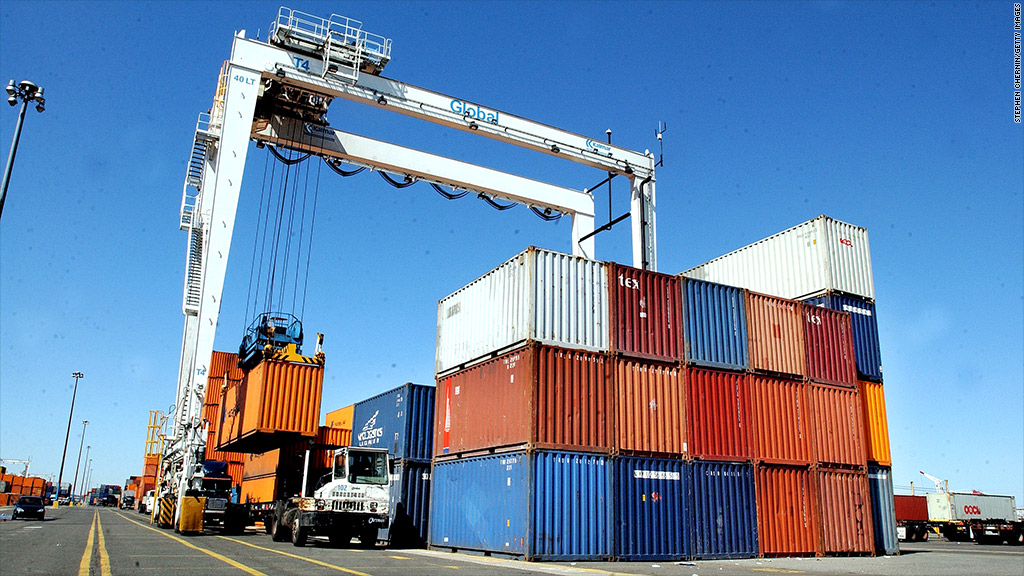Nigeria has recorded over $100 billion (N30 trillion) losses of national export revenue from 2015 to 2017.
The Director-General of the Nigerian Export Promotion Council, Segun Awolowo, disclosed this last week in his presentation to the National Economic Council (NEC) meeting chaired by Vice President Yemi Osinbajo.
Awolowo told the council that this was due to the crash “in oil prices which resultant effect was recession.”
Addressing State House reporters after the six-hour closed-door meeting, Awolowo said his presentation was on a plan to restructure the economy to survive without crude oil.
He said he also informed the council on the need to rapidly ramp up non-oil exports “As our future earnings from crude oil faces significant headwinds.”
He said the zero oil plan aimed at earning at least $30 billion from non-oil sources in the near to medium term as against the current earnings of about $5 billion.
“The objectives of zero oil plan is to add $150 billion to Nigeria foreign reserves the next 10 years, create 500,000 jobs, lift 10 million Nigerians out of poverty and integrate each state of the federation into the export value chain.
“The focus of the plan is on the export of the following crops – rice, wheat, corn, palm oil, rubber, hides and skin, sugar, soya beans and automotive parts among others,” Awolowo stated.
He listed destination countries for Nigeria’s exports as including Netherlands, China, Iran, Germany, United Kingdom, France, Spain, Italy, India and Saudi Arabia.
He said the Nigerian Export-Import Bank (NEXIM) briefed the NEC on the states export development Initiative being pursued as a medium to long term strategic plan aimed at stimulating and increasing deliberate funding intervention to small and medium enterprises in the non-oil sector for attainment of its objectives.













